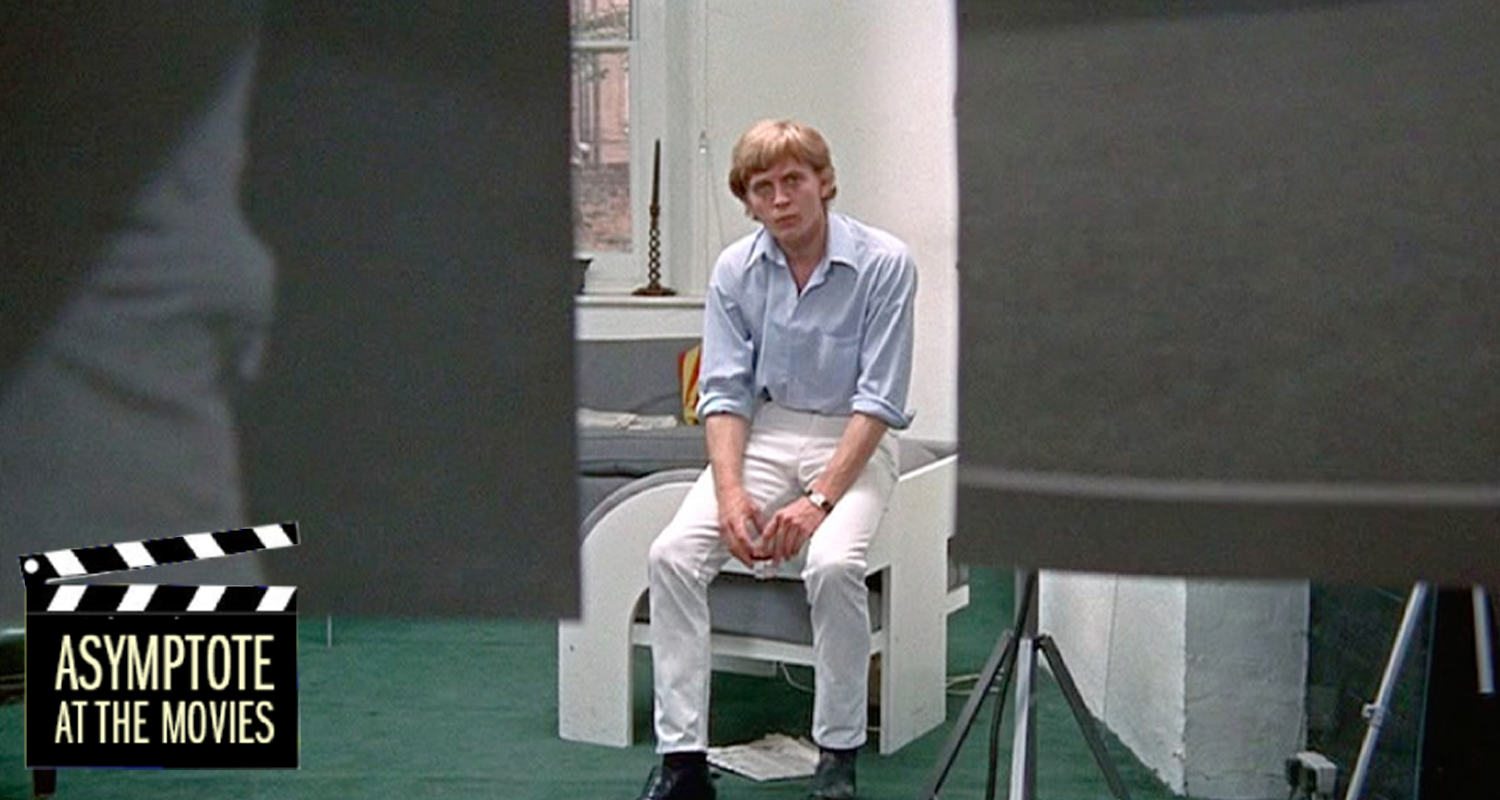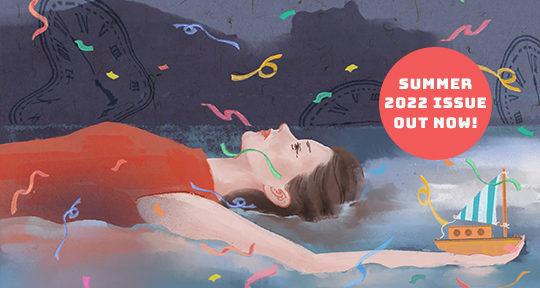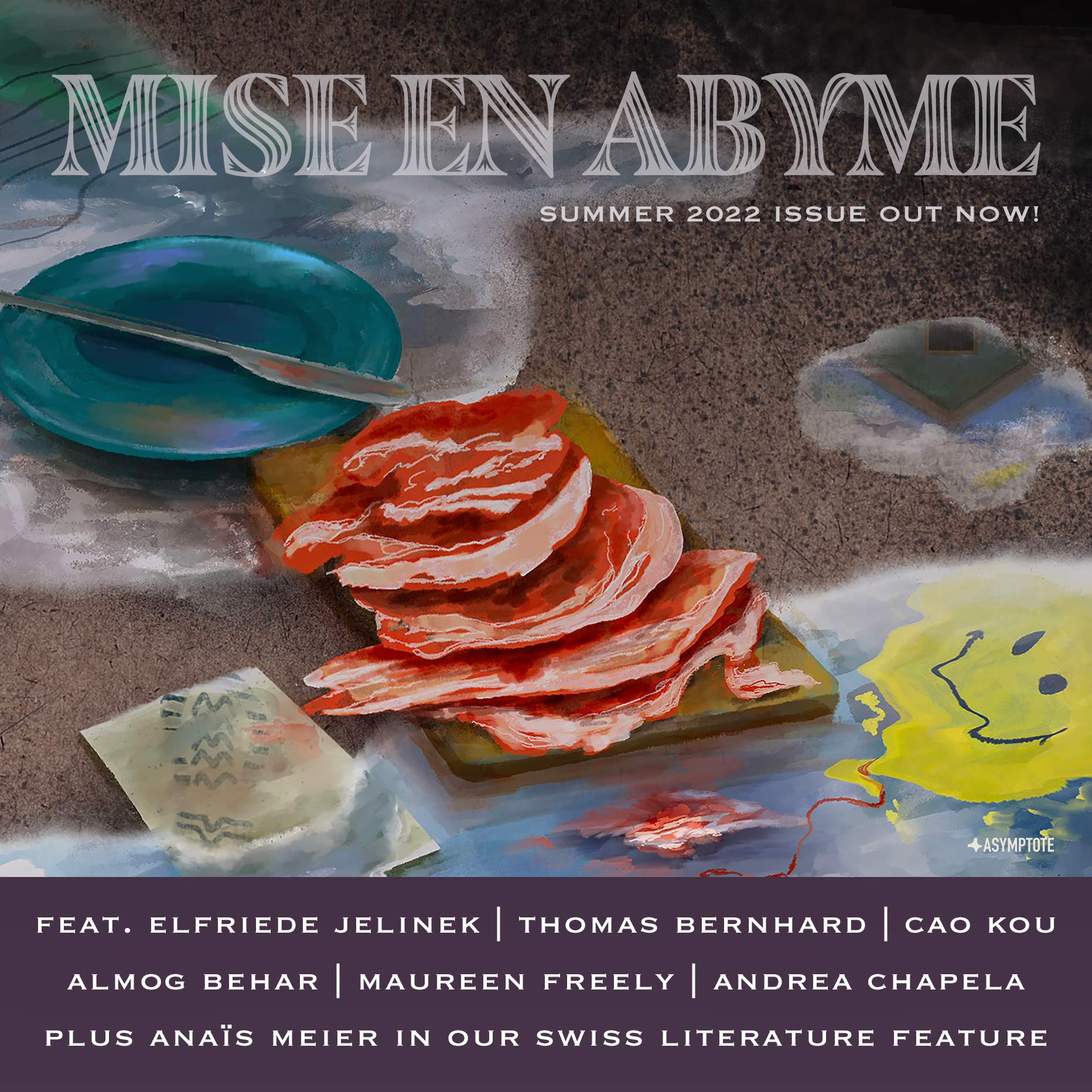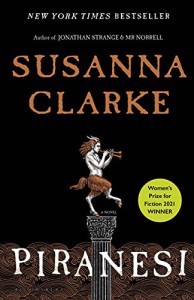The world rewrites itself daily, unable to leave the past alone. As Trump’s relentless theatre once more monopolizes our gaze—proof, perhaps, of what Johanna Drucker, in her timely essay “Attention as Predation,” diagnoses as a civilization that is consumed even as it consumes—the question becomes what still endures beneath the smudged text of the present. Palimpsest, our Fall 2025 issue illustrated hauntingly by UK-based visual artist Jayoon Choi, turns to those deeper inscriptions: the faint, resistant traces that refuse to fade, the ghosts of meaning that survive the next rewrite.
In Amanda Michalopoulou’s “Desert,” Athens emerges as a manuscript of light and stone, its ruins glowing like marginalia of time. Carla Mühlhaus overlays the Black Dahlia murder and Andersen’s mermaid over Venice’s 2019 acqua alta, letting myth and crime shimmer beneath the rising waterline. Likewise, Barbara Köhler gives Homer’s Penelope her overdue monologue—both weaver and mermaid surfacing from the sediment of male authorship to reclaim their narratives. From Kazakhstan, Marat Uali laments the vanishing of minority tongues, an anxiety echoed in Tim Brookes’s interview on his Endangered Alphabets Project, where each carved script becomes an act of remembrance. In William Heath’s sparkling update, Herodas gives us drama composed on papyri—reminding us that even the most fragile art can defy oblivion.

This issue’s wildcard Special Feature, “On Attention,” brings together thinkers and storytellers who resist the culture of erasure. Monika Vrečar asks whether poetry can still exist amid the static while Farah Ahamed, in an astute piece of film criticism on the Bollywood classic “Lagaan,” notes that the monsoon is also a season in the body. Elsewhere, Korean artists Koi and Hyungmee Shin—hailing from opposite sides of the 38th parallel—make masterful use of fabric to create radiant topographies of encounter, while Ecuadorian master Pablo Palacio’s “The Double and Singular Woman” (tr. Thomas Taylor) anatomizes the fractured identity of a pair of conjoined twins with a proto-modernist precision that feels radical in our own fragmented age. To read these works together is to experience literature’s own layered materiality.
If this issue has a thesis, it is that world literature does not replace; it accrues. Help us write the next layer: submit to the second installment of our “On Attention” Special Feature (as well as to our regular categories) and apply to join the team (deadline: November 1st)—we especially welcome applicants to the Assistant Editor (Fiction) role. A final note for the record: László Krasznahorkai, this year’s Nobel laureate in literature, appeared in our pages twice—long before Stockholm called. If this kind of early, global advocacy matters to you, please become a sustaining or masthead member today—the vital margin note that keeps this palimpsest legible, and gloriously alive.

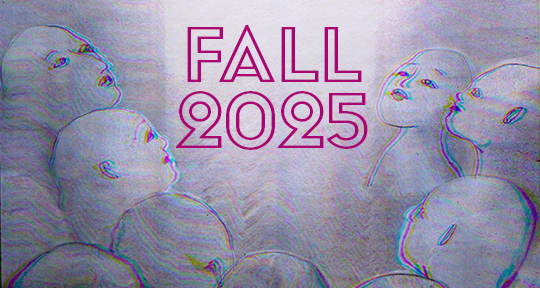
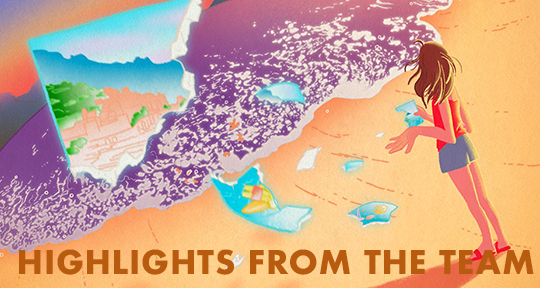
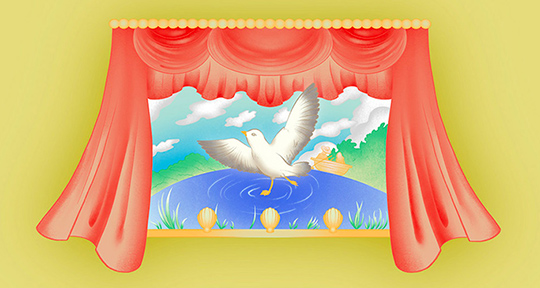
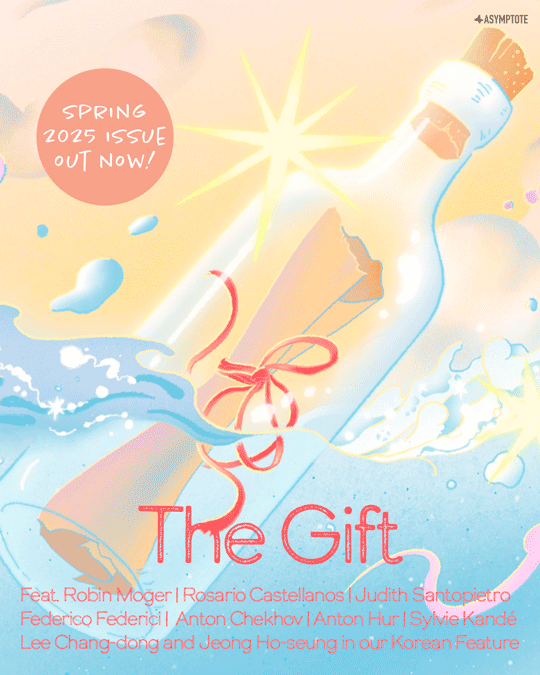


 This spirit of formal ambition is by no means limited to our Special Feature. After all, “as the reality of each time changes,” says
This spirit of formal ambition is by no means limited to our Special Feature. After all, “as the reality of each time changes,” says 
